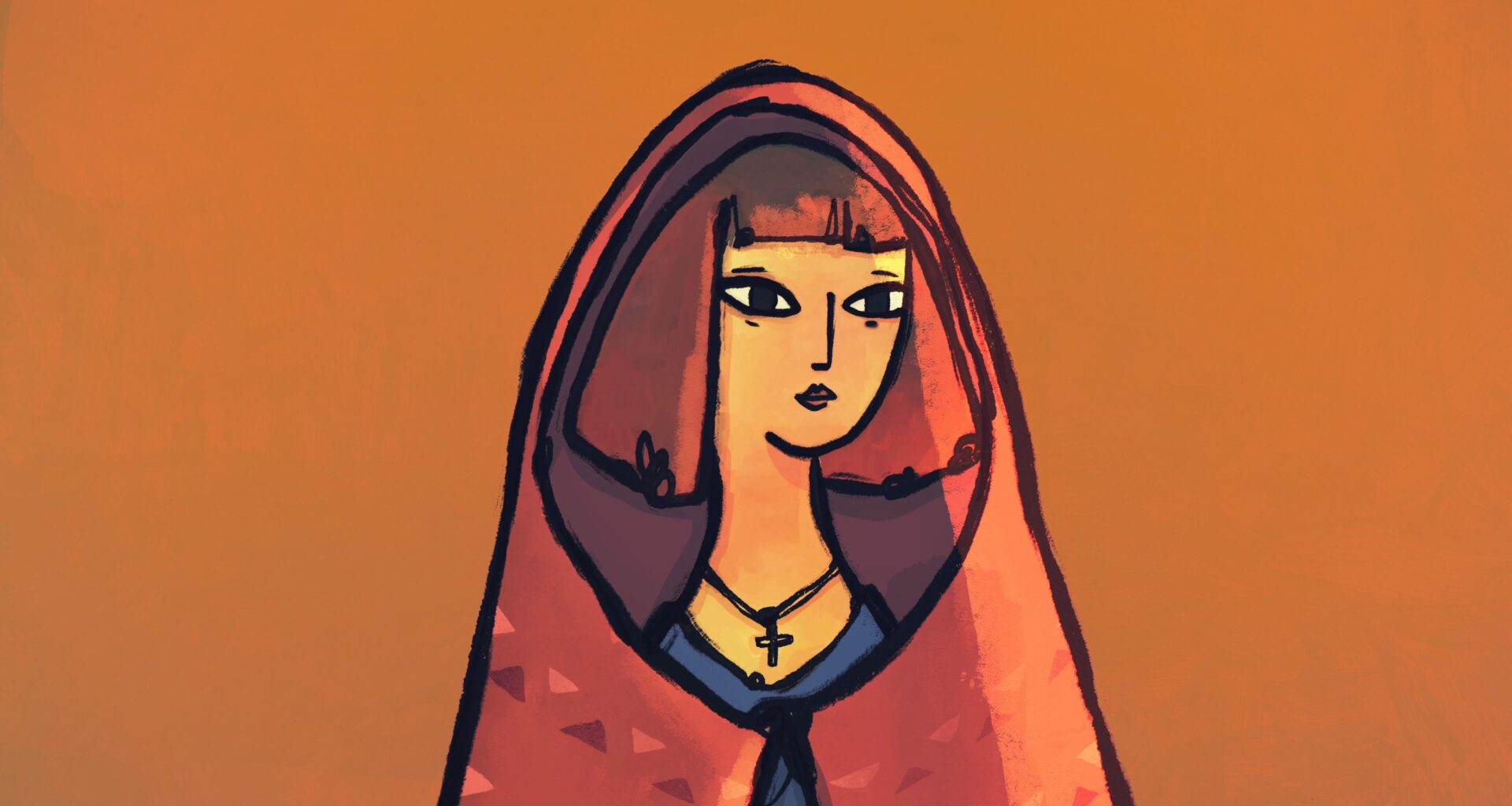
Santes Dwynwen.
Any insights into etymology? I have heard about being linked to Celtic goddess Dôn+ gwen (white/pure). Any other insights or confirmations?
Dwyn is to steal but is unrelated!
By Joshua Morgan, Sketchy Welsh
by SketchyWelsh


Santes Dwynwen.
Any insights into etymology? I have heard about being linked to Celtic goddess Dôn+ gwen (white/pure). Any other insights or confirmations?
Dwyn is to steal but is unrelated!
By Joshua Morgan, Sketchy Welsh
by SketchyWelsh
4 comments
Well, Wen would be white, Dwyn is theft so make of that what you want!
All I can remember is that she died from a broken heart
This was from primary school so idk if that how the story goes 1000%
I believe it’s from an original Proto-Celtic **deino-windā*. The second part means “white” and became Welsh gwyn, the first part probably meant something like “swift, pleasant, lively” – it becomes Welsh dwyn “pleasant”, but it’s an archaic or poetic word. So “pleasant-white”, I guess
https://www.historic-uk.com/HistoryUK/HistoryofWales/St-Dwynwens-Day/
Dwynwen lived during the 5th century and legend has it that she was one of the prettiest of Brychan Brycheiniog’s 24 daughters. Dwynwen fell in love with a prince called Maelon Dafodrill, but unfortunately her father had already arranged that she should marry someone else.
Dwynwen was so upset that she could not marry Maelon that she begged God to make her forget him. After falling asleep, Dwynwen was visited by an angel, who appeared carrying a sweet potion designed to erase all memory of Maelon and turn him into a block of ice.
God then gave three wishes to Dwynwen. Her first wish was that Maelon be thawed; her second that God meet the hopes and dreams of true lovers; and third, that she should never marry. All three were fulfilled, and as a mark of her thanks, Dwynwen devoted herself to God’s service for the rest of her life.
She founded a convent on Llanddwyn, off the west coast of Anglesey, where a well named after her became a place of pilgrimage after her death in AD 465. Visitors to the well believed that the sacred fish or eels that lived in the well could foretell whether or not their relationship would be happy and whether love and happiness would be theirs. Remains of Dwynwen’s church can still be seen today.
Comments are closed.